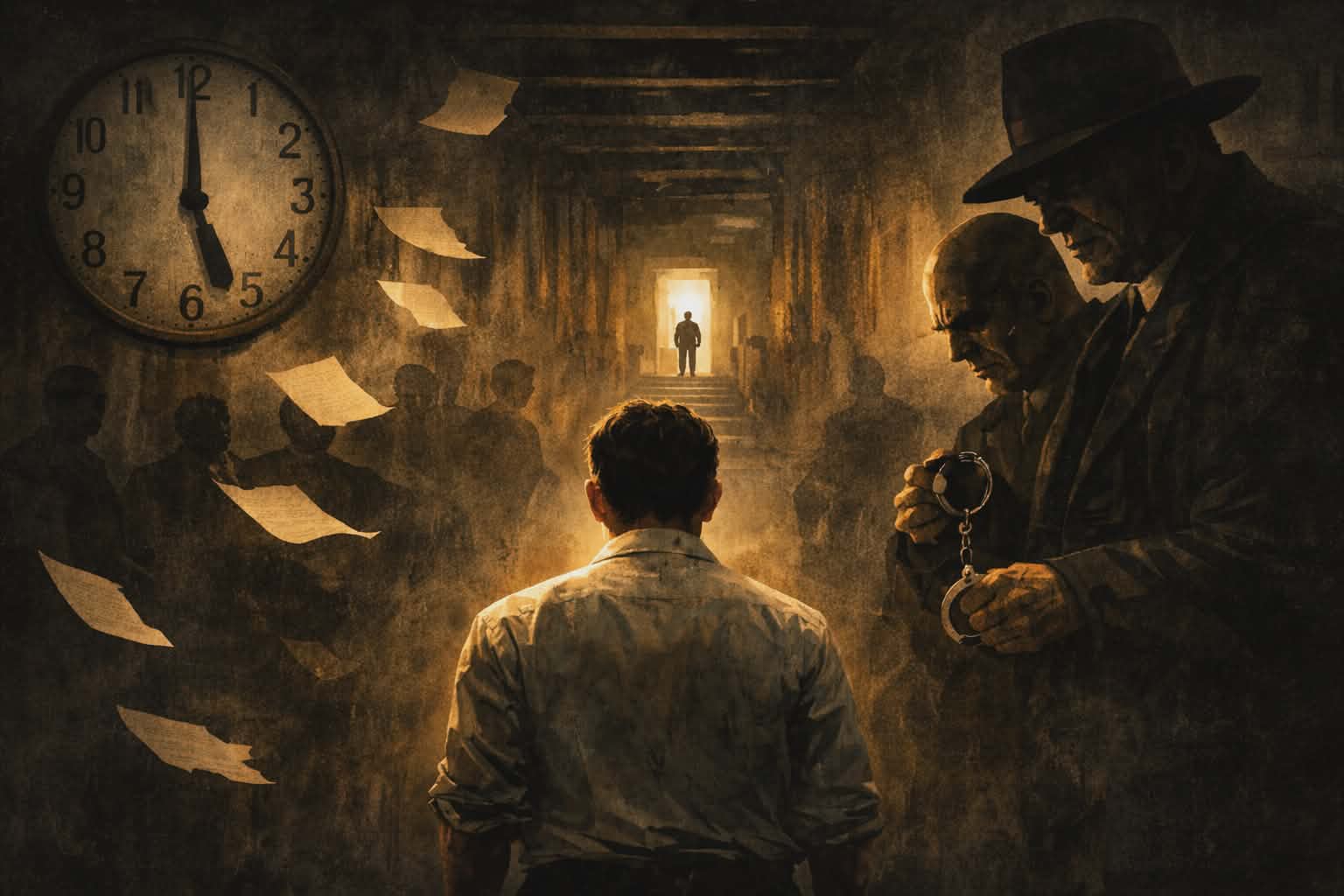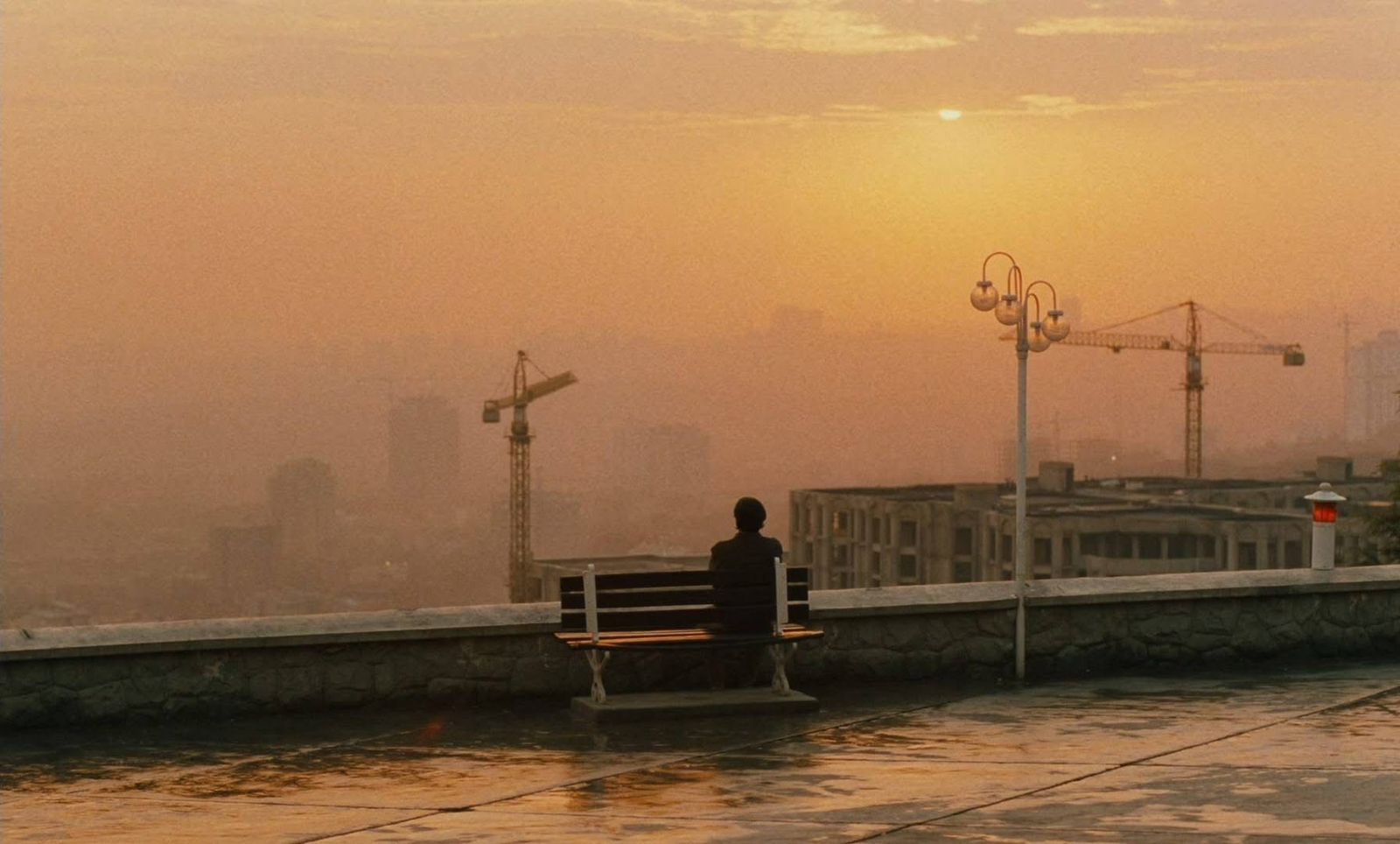Israel and Hamas Reach First-Phase Ceasefire Deal, Hope Rises for End to Gaza War
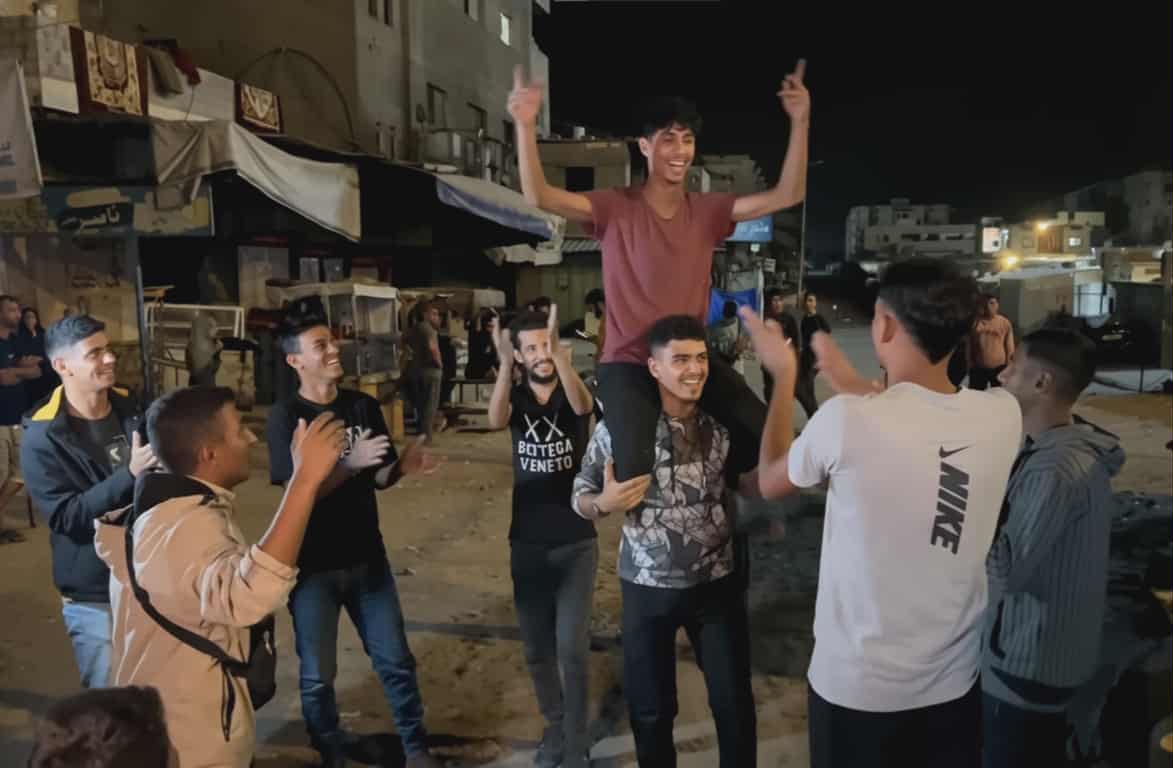
After two years of relentless war, Israel and Hamas have reached agreement on the first phase of a ceasefire and hostage exchange that could mark a turning point in the Gaza conflict. The deal, brokered through Egyptian mediation and supported by the United States and Qatar, is being hailed as the most serious attempt yet to end the bloodshed that began in October 2023.
According to officials familiar with the talks, Hamas will release the 20 remaining Israeli hostages it is believed to be holding alive, while Israel will free nearly 2,000 Palestinian detainees from its prisons. Once the Israeli cabinet formally approves the agreement, a ceasefire is expected to take effect, with Israeli troops beginning a partial withdrawal from Gaza to a pre-agreed line that will leave them in control of roughly half of the territory.
The plan also includes a major humanitarian component. Israel has agreed to allow 400 aid trucks per day into Gaza during the first five days of the truce, with the number gradually increasing later. The move is seen as critical for civilians trapped in devastated neighbourhoods where food, water and medical supplies have all but run out.
News of the breakthrough prompted cautious celebrations on both sides of the border. In Tel Aviv’s Hostage Square, families of the captives cheered and embraced one another as fireworks lit the night sky. “For the first time in two years, we can breathe,” said Avishai David, whose son was abducted during Hamas’s assault in 2023. “But I’ll only believe it when I can hold him in my arms.” In Gaza, residents poured into the streets, many waving flags and chanting in disbelief. “We’ve suffered too long,” said Mousa, a doctor from Deir al-Balah. “If this really brings peace, it will be a miracle.”
World leaders quickly welcomed the announcement. United Nations Secretary-General António Guterres called it “a momentous opportunity” and pledged UN support for delivering aid and rebuilding Gaza. US President Donald Trump, who played a key role in the mediation process, described the agreement as “a historic step toward a different Middle East.” Israeli Prime Minister Benjamin Netanyahu praised the deal as “a great day for Israel” and thanked Trump in what his office described as a “moving phone call” between the two leaders.
Although the deal has generated hope, it is not yet a full peace agreement. Major questions remain unresolved, including who will govern Gaza once hostilities cease and whether Hamas will play any role in the enclave’s future. According to sources close to the negotiations, the arrangement forms part of a broader 20-point peace framework proposed by Trump in late September, which envisions a temporary transitional administration in Gaza led by an international committee. Hamas would be excluded from governance, while the Palestinian Authority is expected to gradually assume control.
Officials have cautioned that this is only the first stage of a longer process and that both sides must still agree on security guarantees, disarmament issues and political arrangements. Israeli officials have already said that high-profile prisoner Marwan Barghouti will not be among those released, a move that could complicate future rounds of negotiation. Within Israel’s coalition government, hardline ministers are also expressing concern over troop withdrawals and concessions to Hamas, while in Gaza, the militant group faces its own internal pressure not to appear to have surrendered.
The war began on 7 October 2023 when Hamas launched an unprecedented attack on southern Israel, killing about 1,200 people and taking 251 hostages. Israel responded with a large-scale offensive that has since killed more than 67,000 Palestinians, including more than 20,000 children, according to Gaza’s health ministry. Entire districts of the coastal strip have been reduced to rubble, and UN agencies have warned of famine conditions since the summer.
For now, the ceasefire agreement has offered a rare sense of relief after years of despair. In both Tel Aviv and Gaza City, people are daring to hope that this truce could lead to something lasting. “We’ve lived through enough,” said Samar, a mother of three in Rafah. “If this is the beginning of peace, even for a short time, it’s something we will never forget.”
Latest Articles
Latest News
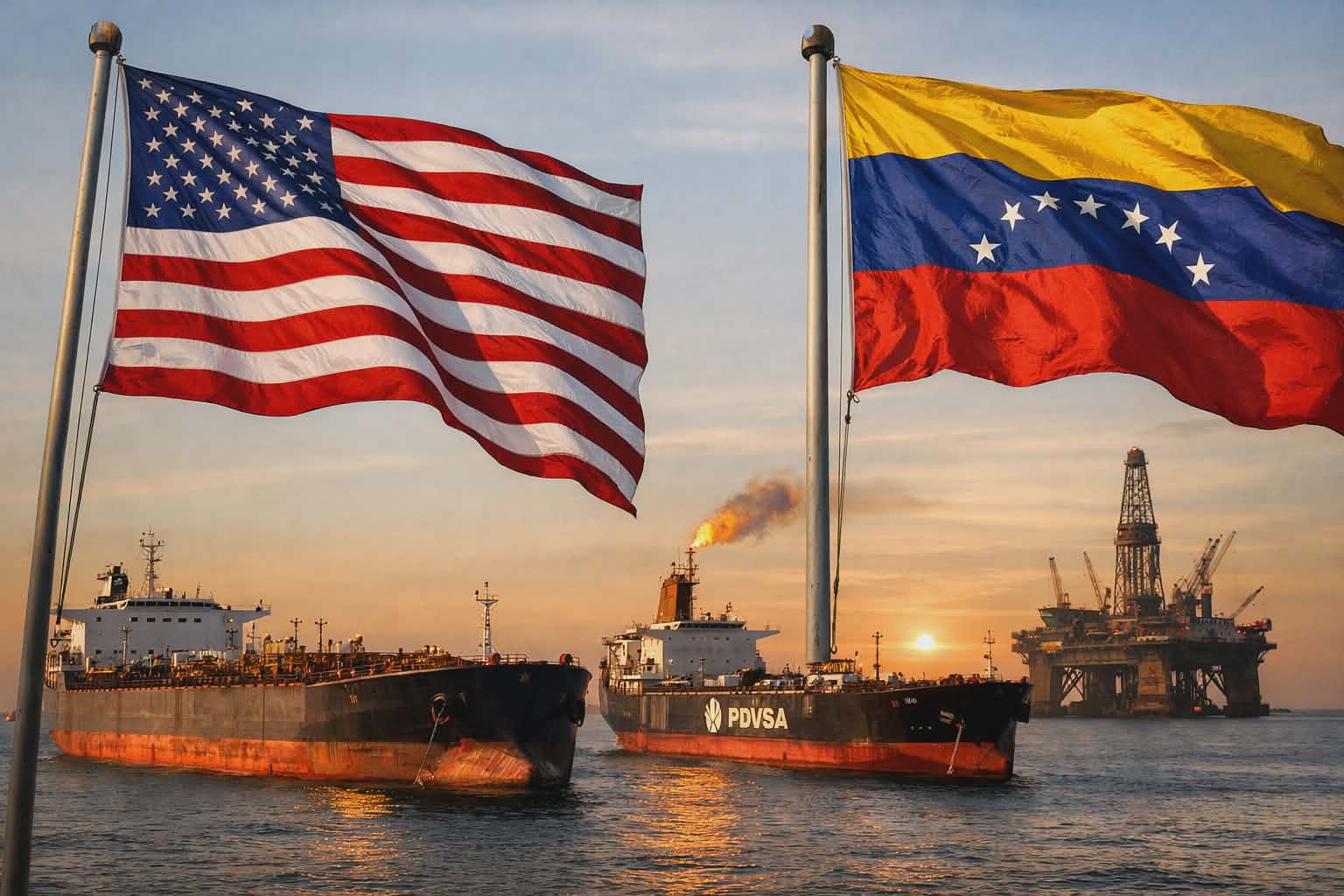 Venezuela to Export $2 Billion in Oil to the US in Landmark Deal With Washington
Venezuela to Export $2 Billion in Oil to the US in Landmark Deal With Washington
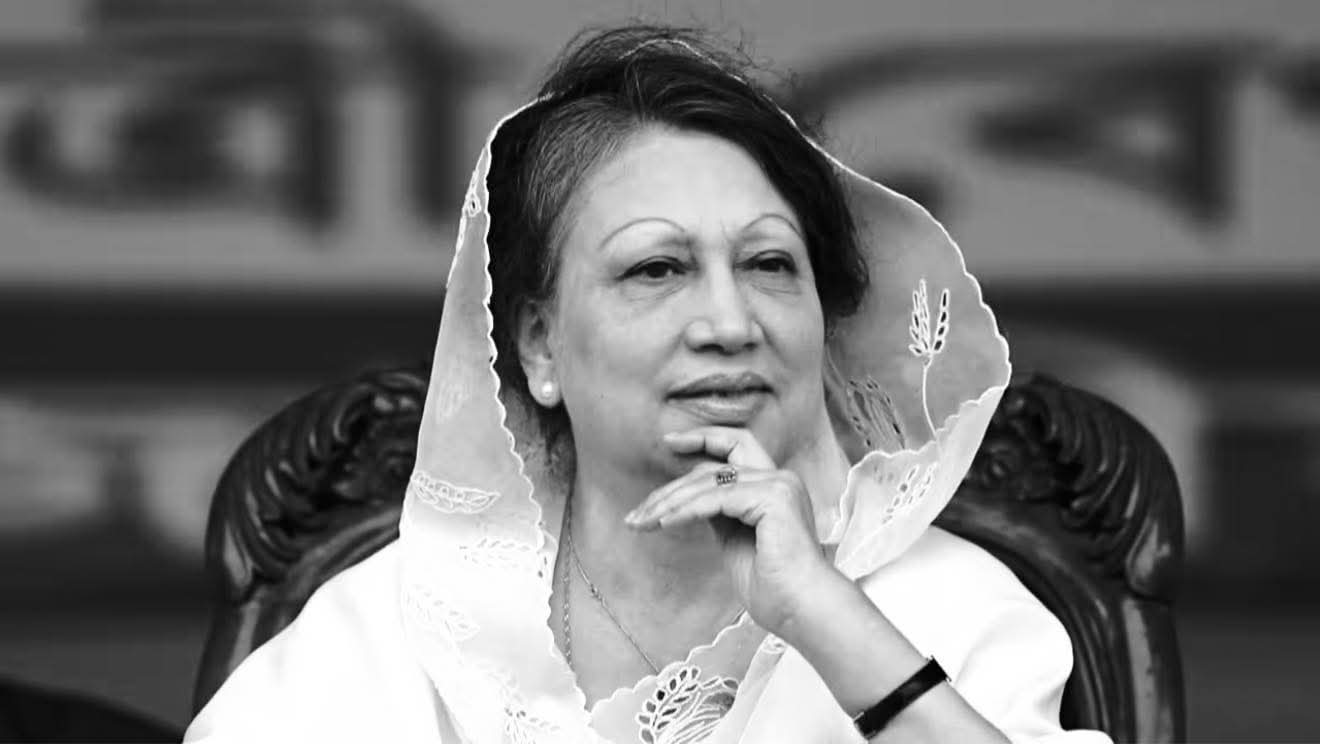 Khaleda Zia Dies at 80 as Bangladesh Mourns Its First Female Prime Minister
Khaleda Zia Dies at 80 as Bangladesh Mourns Its First Female Prime Minister
 Google Finally Lets Users Change Their Gmail Address Without Losing Data
Google Finally Lets Users Change Their Gmail Address Without Losing Data
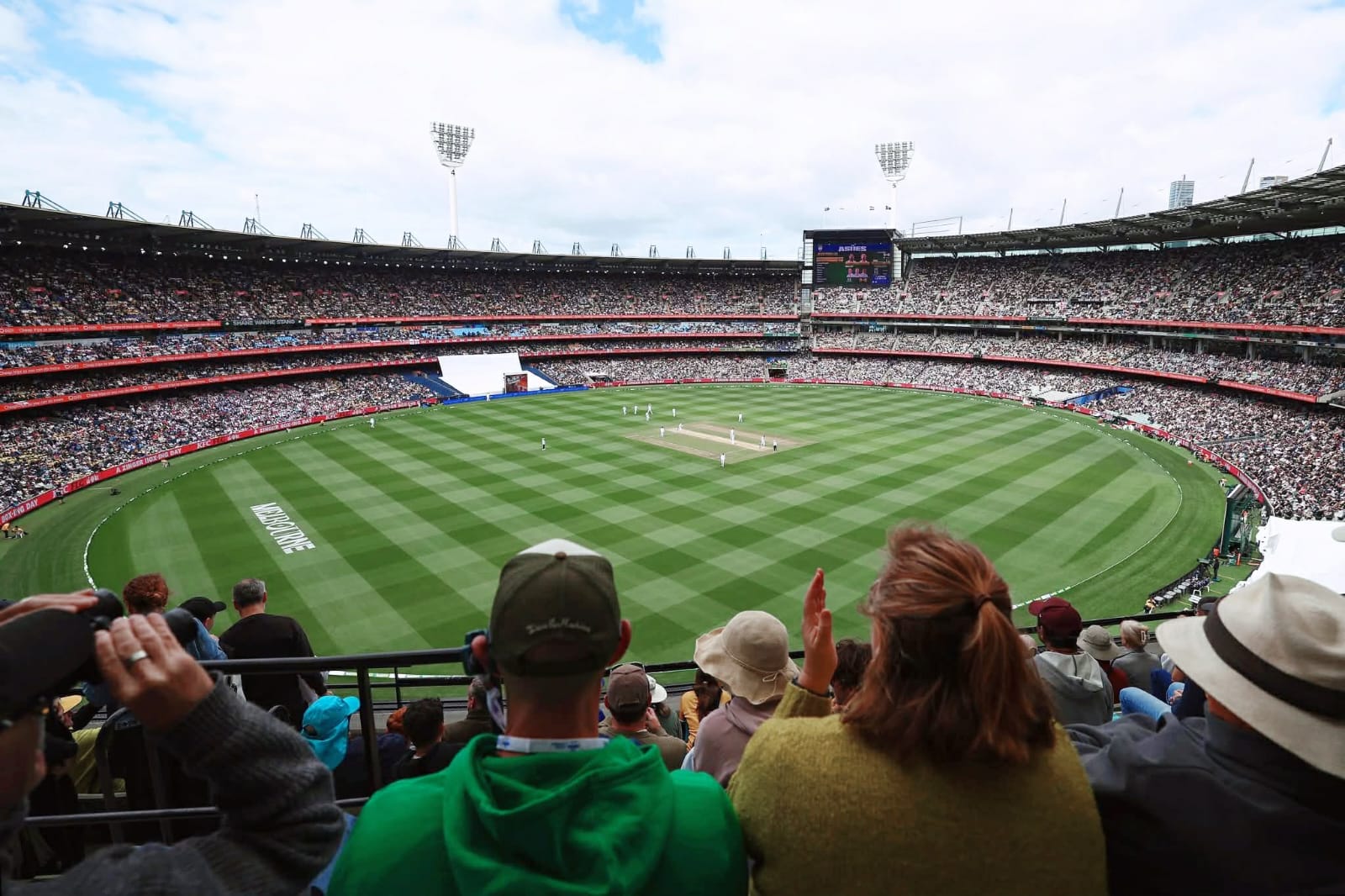 History Made at MCG as 94,199 Fans Create Biggest Single-Day Crowd in Ashes History
History Made at MCG as 94,199 Fans Create Biggest Single-Day Crowd in Ashes History
 Facebook Tests £9.99 Monthly Subscription to Limit External Link Sharing
Facebook Tests £9.99 Monthly Subscription to Limit External Link Sharing



